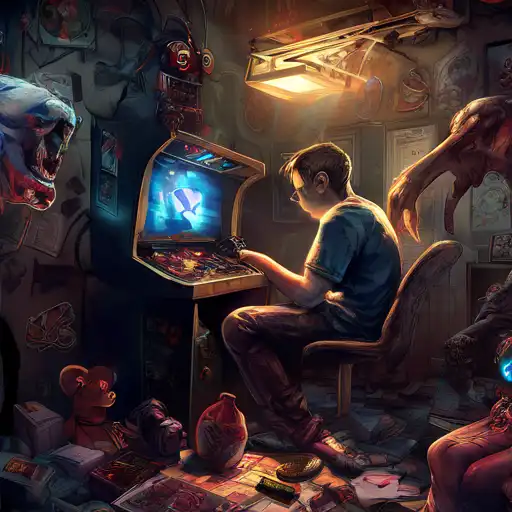Introduction to Gaming Addiction
Gaming addiction, a growing concern in the digital age, affects millions worldwide. This article delves into the psychological underpinnings of this condition, exploring why games can become so addictive and the impact on mental health.
The Psychology Behind Gaming Addiction
At its core, gaming addiction is driven by the brain's reward system. Games are designed to trigger dopamine releases, creating a cycle of reward and reinforcement that can be hard to break.
Key Psychological Factors
- Instant Gratification: Games provide immediate rewards, unlike many real-life activities.
- Escapism: They offer an escape from reality, appealing to those seeking relief from stress or anxiety.
- Social Connection: Multiplayer games fulfill the human need for social interaction, albeit in a virtual environment.
Impact on Mental Health
While gaming can be a harmless hobby, addiction can lead to significant mental health issues, including depression, anxiety, and social isolation. Recognizing the signs early is crucial for intervention.
Signs of Gaming Addiction
- Preoccupation with gaming
- Withdrawal symptoms when not playing
- Loss of interest in other activities
- Continued gaming despite negative consequences
Strategies for Managing Gaming Addiction
Addressing gaming addiction requires a multifaceted approach, including setting limits, seeking professional help, and finding alternative activities that fulfill the same psychological needs.
Professional Help
Therapies such as cognitive-behavioral therapy (CBT) have proven effective in treating gaming addiction by addressing the underlying psychological triggers.
Conclusion
Understanding the psychology behind gaming addiction is the first step toward addressing this modern challenge. By recognizing the signs and seeking appropriate help, individuals can regain control over their gaming habits and improve their overall well-being.
For more insights into mental health and behavior, explore our mental health resources.
